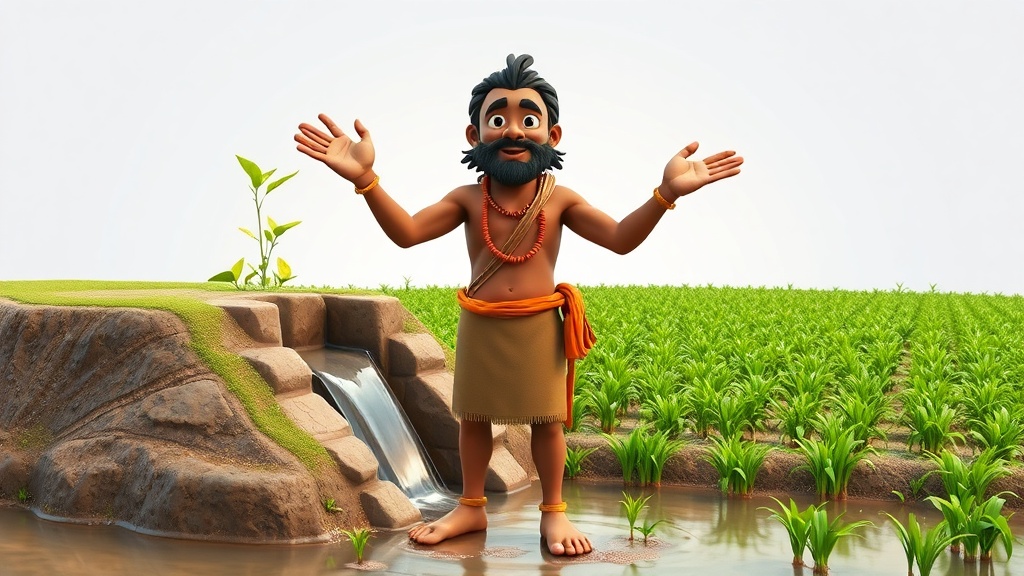Home / Environment / Indigenous Knowledge Systems: Unlocking Climate Resilience for the Future
Indigenous Knowledge Systems: Unlocking Climate Resilience for the Future
16 Oct
Summary
- Indigenous knowledge systems offer sustainable solutions for climate change adaptation
- South Africa to promote these systems as 2025 G20 president
- Indigenous practices like water conservation and organic farming build community resilience

In 2025, as South Africa assumes the presidency of the G20 group of major economies, the country is poised to champion the role of indigenous knowledge systems in addressing global challenges like climate change. These traditional bodies of knowledge, passed down through generations, are now recognized for their potential to support sustainable development and environmental stewardship.
Indigenous knowledge systems encompass a deep understanding of local ecosystems, problem-solving techniques, and holistic approaches to living in harmony with nature. For example, many communities use indigenous practices like water conservation, organic farming, and spiritual taboos to protect natural resources. These methods have proven effective in helping communities adapt to shifting climate patterns, droughts, and other environmental stresses.
However, for years, these traditional knowledge systems were often dismissed as inferior to Western scientific approaches. But as the world grapples with the impacts of climate change, there is a growing appreciation for the value of indigenous wisdom. South Africa, as the 2025 G20 president, aims to leverage this knowledge to develop innovative, locally-adapted solutions for sustainable development.
The G20 research and innovation group is now exploring ways to integrate indigenous knowledge into science, technology, and policymaking. This could involve creating digital portals to preserve and share traditional practices, as well as combining indigenous weather prediction methods with modern climate data to enhance climate adaptation strategies.
By embracing the rich diversity of indigenous knowledge systems, South Africa and the G20 have an opportunity to chart a more sustainable and resilient path forward, one that draws on the accumulated wisdom of communities who have long lived in harmony with their environments.




